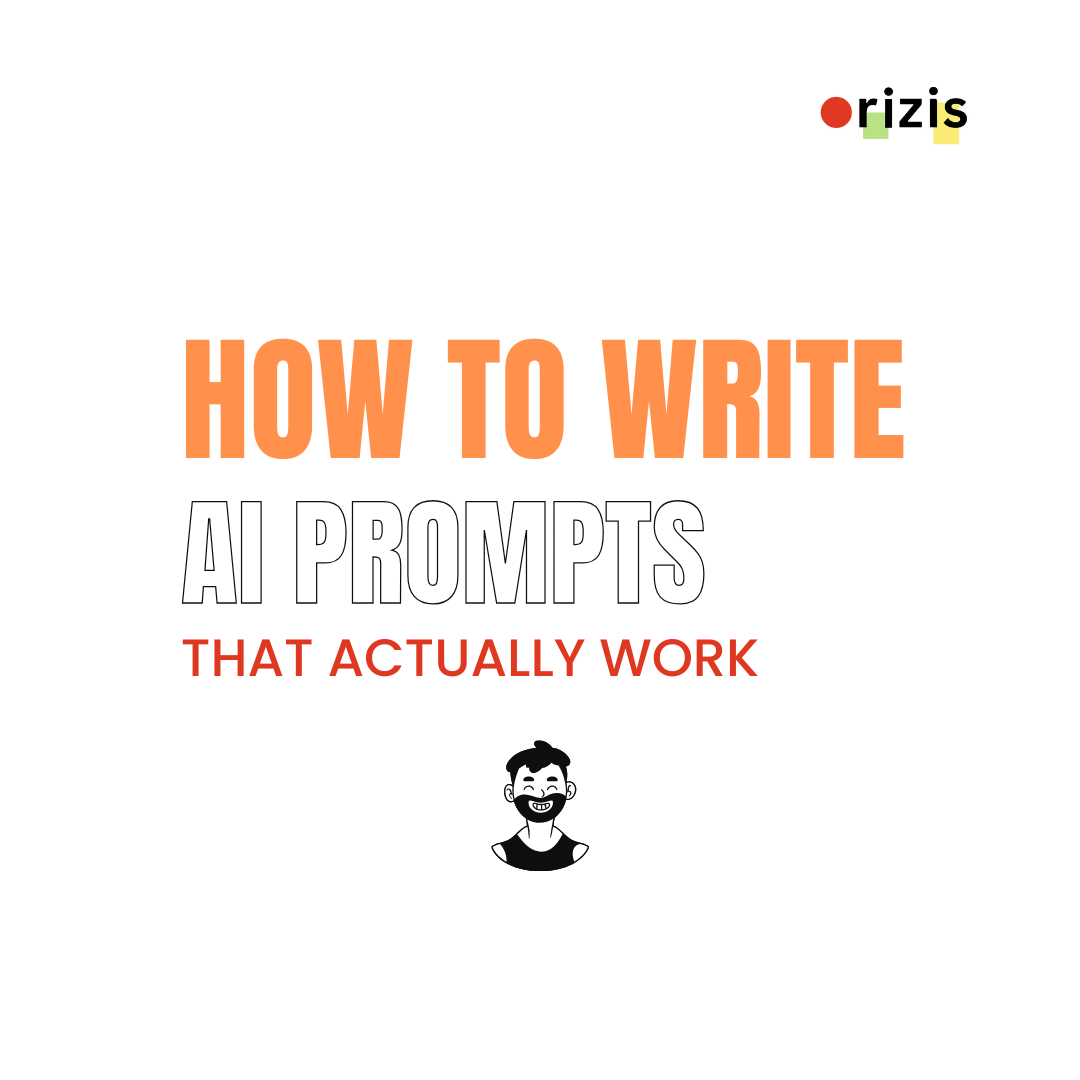
As we approach 2025, Manchester Digital is excited to share Picturing 2025 - a series of essays from our members offering insights into the tech trends and challenges ahead. Below, ICit discusses How AI is Revolutionising Financial Planning and Analysis.
AI and machine learning (ML) are transforming industries, and the financial sector is no exception. For Financial Planning and Analysis (FP&A) teams, these technologies offer unprecedented opportunities to improve efficiency, reduce errors, and make strategic decisions.
To explore the barriers and benefits of AI adoption, we spoke to experts at ICit Business Intelligence, who recently conducted a study of 300 UK FP&A professionals. Here's what they had to say about the journey toward AI integration.
Barriers to AI Adoption in FP&A
Despite the growing adoption of AI (with 85% of professionals using software with AI/ML capabilities), challenges remain:
Data Privacy Concerns: According to ICit’s research, 67% of respondents cited concerns about the handling of sensitive financial data.
Trust in AI: Only 35% of finance professionals rated their trust in AI as high, highlighting the need for greater education and transparency.
Human Oversight: 66% raised concerns about the lack of human context in AI-generated insights.
ICit’s Perspective: "AI is a powerful tool, but it’s only as effective as the people and systems supporting it. Maintaining a balance between automation and human judgment is critical."
Benefits of AI for FP&A Teams
The advantages of AI adoption far outweigh the challenges:
Efficiency Gains: 72% of ICit survey respondents reported increased efficiency in data processing.
Error Reduction: 64% highlighted fewer mistakes due to automation.
Improved Forecasting: Predictive analytics powered by AI can improve forecast accuracy by up to 50% (according to McKinsey).
Strategic Focus: By automating repetitive tasks, AI frees finance professionals to focus on high-value activities like strategic planning and decision-making.
ICit’s Takeaway: "AI enables FP&A teams to move from reactive to proactive decision-making, turning financial data into a strategic asset."
What’s Next for AI in FP&A?
AI’s potential is only beginning to unfold, with advancements in generative AI and real-time anomaly detection. However, for businesses to fully realize these benefits, they must:
Invest in training and upskilling their teams.
Strengthen data governance and integrity.
Work with trusted partners to navigate adoption challenges.
ICit’s Vision: "AI isn’t here to replace finance professionals—it’s here to empower them. By keeping humans at the center, we can unlock productivity and innovation like never before."
Conclusion
AI is more than a buzzword; it’s a game-changer for FP&A. While barriers remain, forward-thinking businesses that embrace these technologies will gain a competitive edge in an increasingly data-driven world.
Ready to explore how AI can transform your FP&A function? Reach out to ICit Business Intelligence or join Manchester Digital’s growing community to learn from leaders in the tech and finance sectors.









